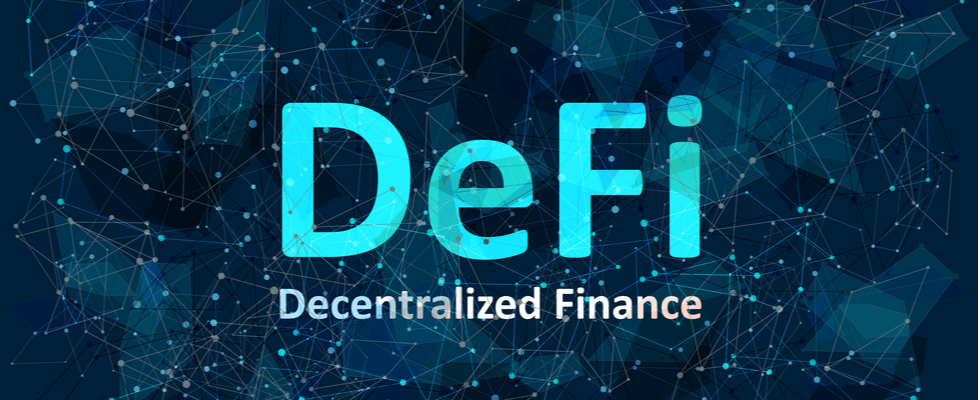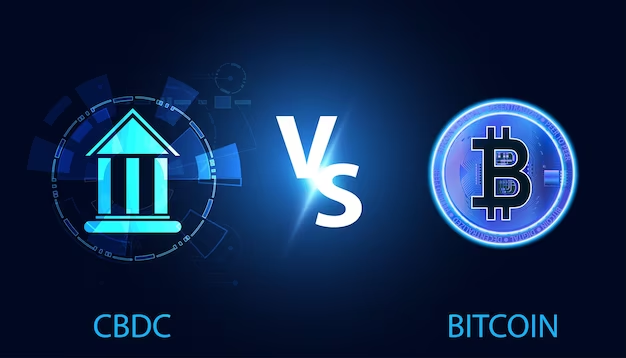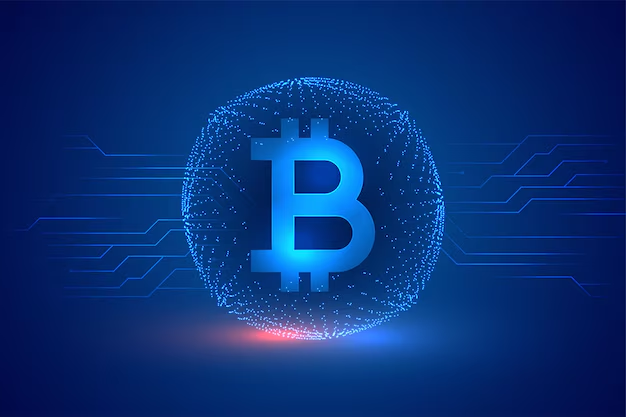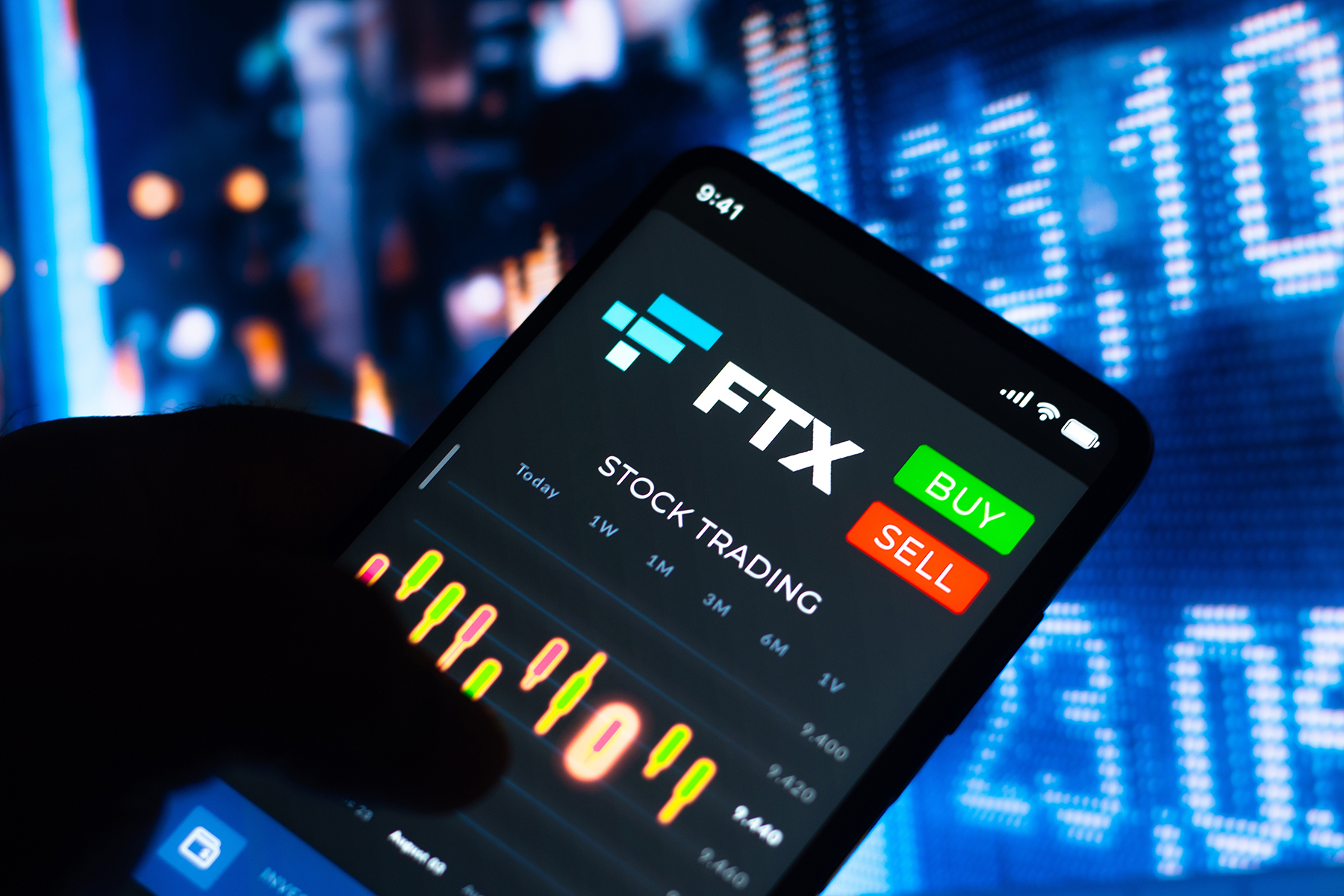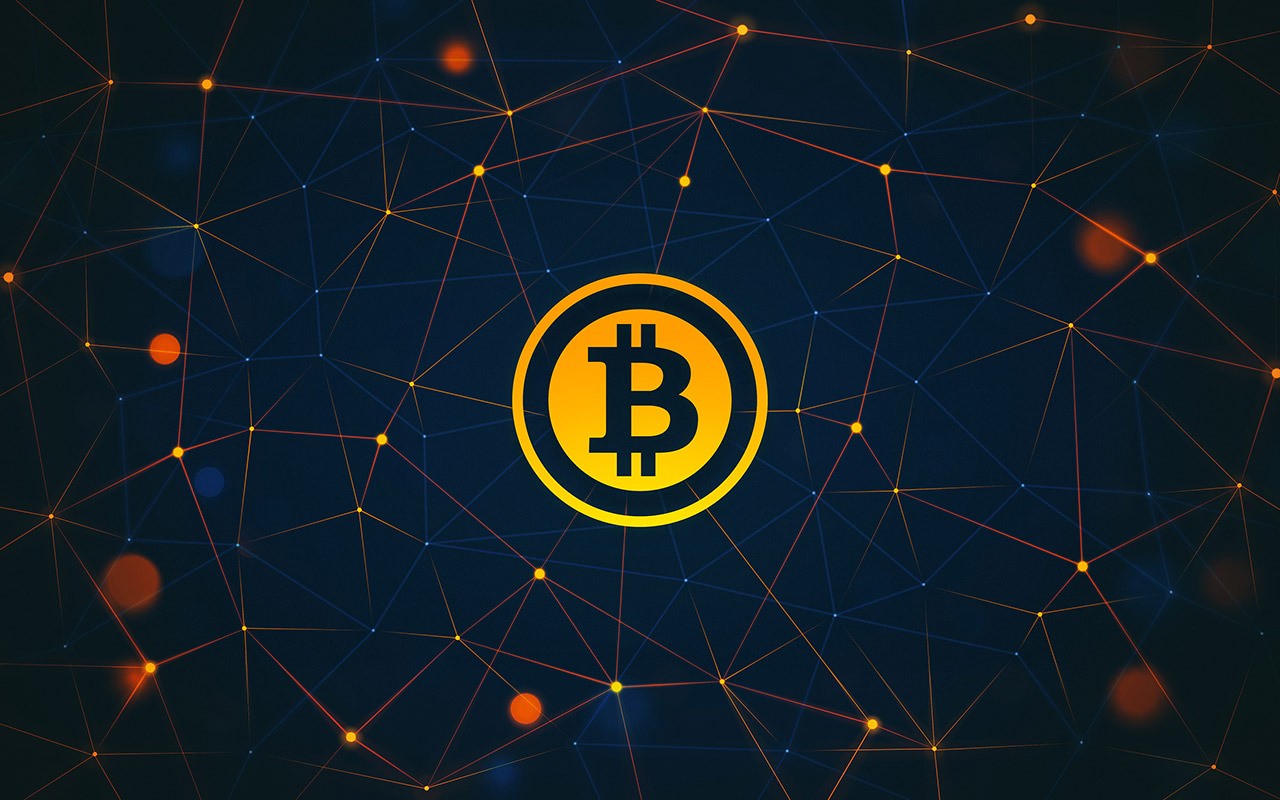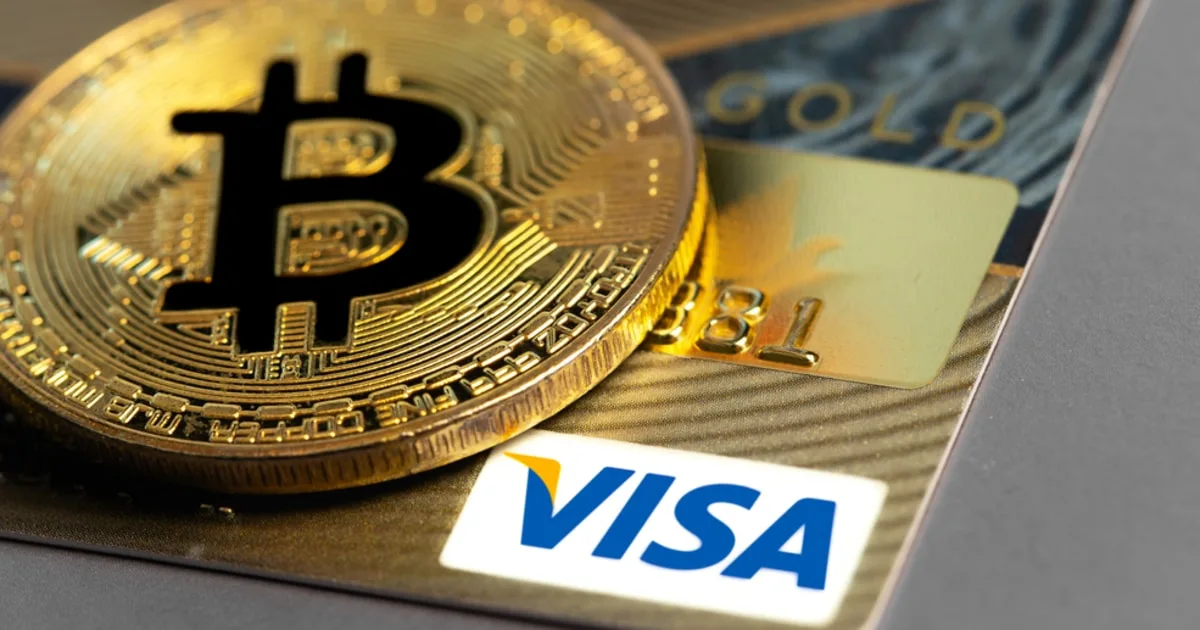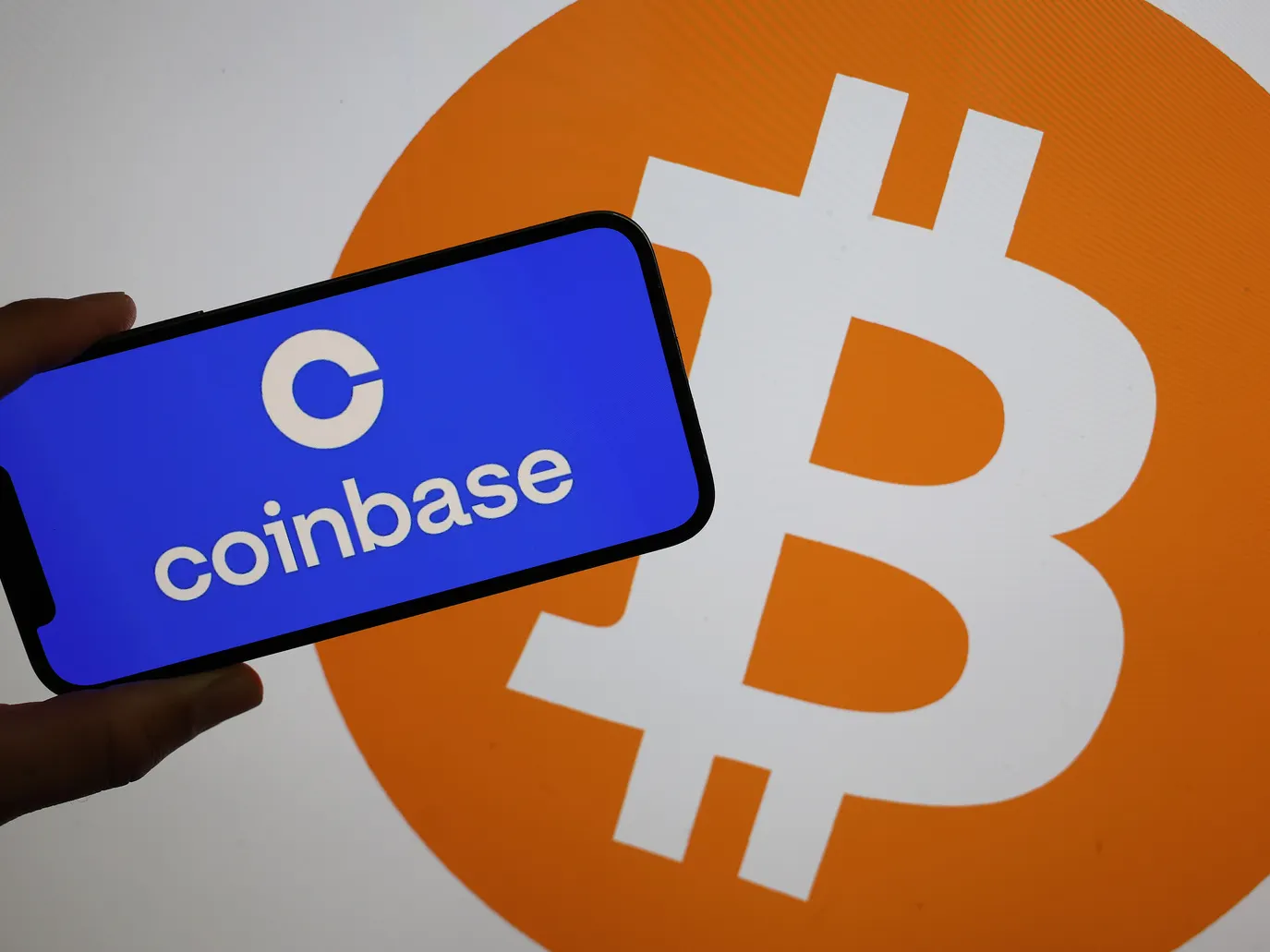In the ever-evolving landscape of cryptocurrency and blockchain technology, two prominent players have emerged in recent years: Bitcoin and DeFi (Decentralized Finance). Bitcoin, the pioneer of cryptocurrencies, introduced the concept of digital money and store of value, while DeFi revolutionized traditional finance by offering decentralized alternatives to traditional financial services. Now, a growing trend is emerging that seeks to integrate Bitcoin with the DeFi ecosystem. In this article, we will explore the fascinating world of Bitcoin and DeFi integration, its implications, benefits, and potential challenges.[Read More:Bitcoin and DeFi Integration
Understanding Bitcoin and DeFi
Bitcoin: The Digital Gold
Bitcoin, created by an anonymous person or group of people under the pseudonym Satoshi Nakamoto, was introduced in 2008 through a whitepaper titled “Bitcoin: A Peer-to-Peer Electronic Cash System.” It was designed as a decentralized digital currency that operates on a blockchain, a distributed ledger technology that records all transactions in a secure and transparent manner.[Read More:Bitcoin: The Digital Gold
One of Bitcoin’s primary features is its limited supply of 21 million coins, making it a deflationary asset and often referred to as “digital gold.” It has gained widespread adoption as a store of value, a hedge against inflation, and a means of transferring wealth across borders with minimal fees.
DeFi: Democratizing Finance
DeFi, short for Decentralized Finance, is a movement within the blockchain and cryptocurrency space that aims to recreate traditional financial services such as lending, borrowing, trading, and investing in a decentralized and permissionless manner. DeFi platforms operate on smart contracts, self-executing code that eliminates the need for intermediaries like banks and financial institutions.
One of the key advantages of DeFi is its accessibility. Anyone with an internet connection and a compatible wallet can participate in DeFi protocols, regardless of their geographic location or financial status. This inclusivity has led to explosive growth in the DeFi ecosystem, with a multitude of innovative projects and platforms emerging.
The Need for Integration
While Bitcoin and DeFi have both experienced significant success and growth in their respective domains, there remains a gap between these two ecosystems. Bitcoin, with its focus on security and simplicity, lacks the smart contract functionality and programmability found in DeFi platforms. On the other hand, DeFi, while offering a wide range of financial services, often lacks the robust security and network effects that Bitcoin enjoys.
The integration of Bitcoin into the DeFi space seeks to bridge these gaps, offering the best of both worlds. Let’s explore the reasons why this integration is gaining traction.
1. Enhanced Liquidity
DeFi platforms often require a variety of assets to operate effectively, and Bitcoin, as the most recognized and valuable cryptocurrency, can provide substantial liquidity to these ecosystems. Integrating Bitcoin into DeFi allows users to leverage their BTC holdings for various DeFi applications, including yield farming, lending, and decentralized exchanges.
2. Security and Network Effect
Bitcoin is known for its robust security and the massive network of miners that secure its blockchain. By integrating Bitcoin into DeFi, these security features can be leveraged, making DeFi protocols less susceptible to hacks and vulnerabilities. Additionally, Bitcoin’s established user base and network effect can bring more users and liquidity to DeFi platforms.
3. Cross-Chain Interoperability
DeFi operates on various blockchains, including Ethereum, Binance Smart Chain, and others. Integrating Bitcoin into DeFi opens up opportunities for cross-chain interoperability, allowing BTC to flow seamlessly between different blockchain networks. This interoperability can enhance the functionality and utility of Bitcoin within the DeFi space.
4. Yield Generation
Bitcoin holders have long sought ways to generate passive income from their holdings. Integrating Bitcoin into DeFi enables BTC holders to participate in yield farming, staking, and lending protocols, earning interest on their Bitcoin holdings while maintaining ownership and control of their assets.
5. DeFi Financial Products for Bitcoin
By integrating Bitcoin into the DeFi ecosystem, developers can create a wide range of financial products and services tailored specifically to Bitcoin holders. This includes decentralized Bitcoin-backed stablecoins, options and derivatives, and more.
The Mechanics of Bitcoin and DeFi Integration
Now that we understand the why, let’s delve into the how. How is Bitcoin being integrated into the DeFi ecosystem, and what are the key technologies and projects driving this integration?
Wrapped Bitcoin (WBTC)
Wrapped Bitcoin (WBTC) is one of the most well-known and widely used forms of Bitcoin integration in DeFi. WBTC is an ERC-20 token on the Ethereum blockchain that represents a 1:1 peg to Bitcoin. When someone mints WBTC, they lock up an equivalent amount of Bitcoin on the Bitcoin blockchain, and WBTC is issued in return.
WBTC can be used in a variety of DeFi applications on Ethereum, including lending, borrowing, trading, and yield farming. Users can convert their Bitcoin into WBTC through participating custodians and then interact with DeFi protocols while maintaining exposure to Bitcoin’s price movements.
RSK (Rootstock)
Rootstock (RSK) is a smart contract platform that is merge-mined with Bitcoin. It aims to bring the functionality of Ethereum smart contracts to the Bitcoin ecosystem. RSK uses a two-way peg with Bitcoin, allowing users to convert their Bitcoin into RBTC (the native token of RSK) and back to Bitcoin at a 1:1 ratio.
RSK enables DeFi applications to be built on top of Bitcoin, providing the security of the Bitcoin network while offering the programmability of smart contracts. This integration allows Bitcoin to participate in DeFi lending, decentralized exchanges, and other financial services.
Lightning Network
The Lightning Network is a Layer 2 scaling solution for Bitcoin that enables fast and low-cost microtransactions. While it primarily serves as a payment channel network, it can also be used for DeFi purposes. The Lightning Network allows users to lock up Bitcoin in payment channels, providing liquidity for routing payments and earning fees in return.
Some DeFi projects are exploring Lightning Network integration to create Bitcoin-based decentralized financial services, including decentralized exchanges and lending platforms that operate off-chain.
Atomic Swaps
Atomic swaps are trustless, peer-to-peer swaps of different cryptocurrencies without the need for an intermediary. These swaps are executed through smart contracts and are a promising way to integrate Bitcoin into DeFi.
By using atomic swaps, users can directly trade Bitcoin for other cryptocurrencies within the DeFi ecosystem, providing liquidity and enabling decentralized trading without the need for centralized exchanges.
The Benefits of Bitcoin and DeFi Integration
The integration of Bitcoin into DeFi offers a multitude of benefits that can have far-reaching implications for both ecosystems and the broader financial landscape.
1. Increased Liquidity
Bitcoin, with its massive market capitalization, brings substantial liquidity to the DeFi space. This liquidity can improve the efficiency of DeFi markets, reduce slippage, and enhance the user experience.
2. Enhanced Security
Bitcoin’s robust security and network of miners can bolster the security of DeFi protocols. This can reduce the risk of smart contract vulnerabilities and hacks, providing greater peace of mind to DeFi users.
3. Diversification of Financial Products
Bitcoin integration enables the creation of a wide range of financial products and services, from Bitcoin-backed stablecoins to decentralized lending platforms. This diversification can attract new users and investors to both Bitcoin and DeFi.
4. Cross-Chain Synergy
Integrating Bitcoin with DeFi promotes cross-chain synergy, allowing BTC to flow seamlessly between different blockchain networks. This can lead to greater interoperability and collaboration within the crypto ecosystem.
5. Passive Income Opportunities
Bitcoin holders can generate passive income by participating in DeFi protocols, such as staking, yield farming, and lending. This can incentivize long-term Bitcoin holders to become more active participants in the DeFi space.
Challenges and Risks
While Bitcoin and DeFi integration offers numerous advantages, it also presents challenges and risks that must be addressed.
1. Custodial Risks
Some Bitcoin integration methods, such as Wrapped Bitcoin (WBTC), rely on custodians to hold and manage the Bitcoin collateral. This introduces custodial risks, as users must trust these custodians to properly manage the assets.
2. Regulatory Uncertainty
The regulatory landscape surrounding DeFi is still evolving, and different jurisdictions have varying approaches to cryptocurrencies and decentralized finance. Bitcoin and DeFi integration may face regulatory challenges and compliance requirements.
3. Smart Contract Vulnerabilities
DeFi protocols are susceptible to smart contract vulnerabilities and exploits. Integrating Bitcoin with DeFi requires careful auditing and testing to ensure the security of the integration.
4. Centralization Risks
As Bitcoin integrates with DeFi, there is a risk of centralization, with a few dominant projects or platforms controlling the integration. Efforts should be made to maintain decentralization and open access.
5. Scalability
Both Bitcoin and Ethereum, the primary platform for DeFi, face scalability challenges. As the demand for DeFi services grows, scalability solutions must be developed to accommodate increased usage.
Real-World Use Cases
Bitcoin and DeFi integration is not just theoretical; it’s already being put into practice with promising use cases. Let’s explore some real-world examples.
DeFi Lending and Borrowing with Bitcoin Collateral
DeFi platforms like Compound and Aave are exploring the use of Bitcoin as collateral. This allows Bitcoin holders to lock up their BTC holdings and borrow other assets or earn interest on their Bitcoin.
Decentralized Bitcoin Exchanges
Projects like Sovryn and RSKSwap are working on creating decentralized exchanges that use Bitcoin as a base pair. This enables users to trade Bitcoin directly against other cryptocurrencies in a trustless and non-custodial manner.
Bitcoin-Backed Stablecoins
Stablecoins like sBTC and tBTC are synthetic Bitcoin-backed tokens that aim to maintain a 1:1 peg with Bitcoin’s price. These tokens can be used within the DeFi ecosystem for trading and lending.
Cross-Chain Bridges
Several projects are developing cross-chain bridges that enable Bitcoin to be seamlessly transferred between different blockchains. These bridges enhance interoperability and expand the use cases for Bitcoin within the DeFi space.
Conclusion: A Decentralized Financial Revolution
The integration of Bitcoin into the DeFi ecosystem represents a significant step toward a decentralized financial revolution. It combines the security and recognition of Bitcoin with the innovation and accessibility of DeFi, offering users a wide range of financial services and opportunities.
As this integration continues to evolve, it is essential to address the challenges and risks to ensure the security and sustainability of these ecosystems. Regulatory compliance, smart contract audits, and decentralized governance will play crucial roles in shaping the future of Bitcoin and DeFi integration.
In a world where traditional financial systems face increasing scrutiny and volatility, the synergy between Bitcoin and DeFi has the potential to reshape the global financial landscape, democratizing finance and providing financial freedom to individuals worldwide. As this integration progresses, it will be exciting to witness the innovative solutions and possibilities that emerge, ultimately leading us toward a decentralized financial future.
Bitcoin and DeFi integration is not just a technical development; it’s a step toward financial empowerment and a more inclusive financial system. It’s a journey worth watching and participating in as we navigate the ever-changing world of blockchain technology and decentralized finance.Read More: A Decentralized Financial Revolution
